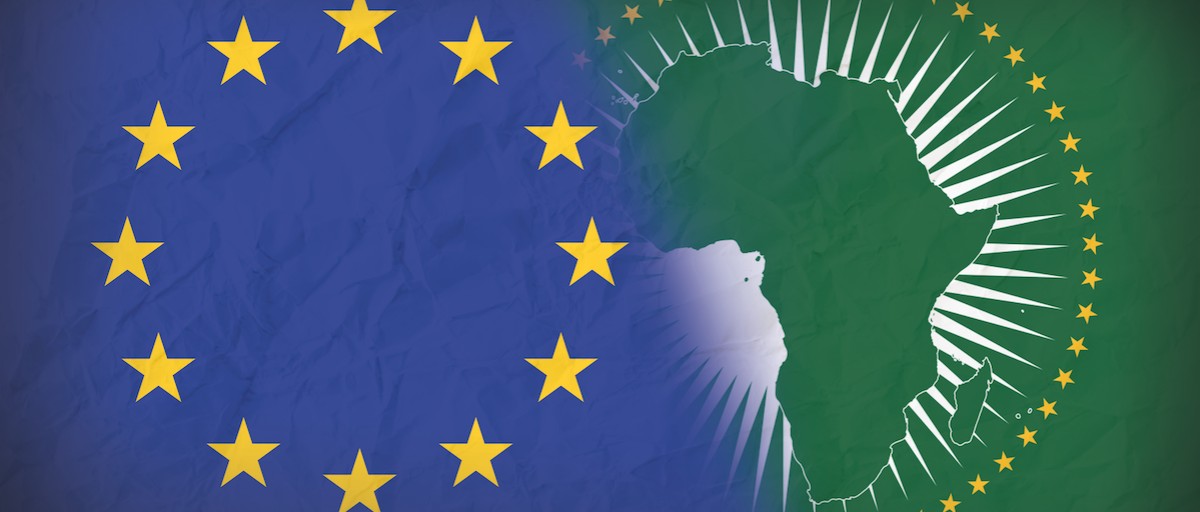The European Union is Africa’s most important trading partner and while both continents stand to gain from closer commercial relations, trade between Europe and Africa suffers from a broad misalignment in trade policy priorities, David Luke, professor at the London School of Economics & political Sciences, argues in his new book on African trade.
While Europe and Africa have a long trade history, the current trade policy priorities of the two neighbors are in a muddle. With decades of experience in African trade policy and trade negotiations, Luke argues that this is due to the balkanizing effect of the EU’s patchwork of trade agreements across the African continent at a time when African countries are pursuing an ambitious economic integration reform agenda through the African Continental Free Trade Area (AfCFTA).
Drawing on research for a new edited volume titled ‘How Africa Trades’, he argues that fixing this misalignment in EU-Africa trade policy priorities requires a reset.
To get out of the muddle, Luke argues that a good development case can be made for the EU to grant unilateral market access that is duty-free and quota-free to all African countries, with a unified rules of origin regime for a transitional period benchmarked against milestones in AfCFTA implementation and the gains emerging from it. This will require multilateral legitimization through a World Trade Organization (WTO) waiver. Concessions to Africa as the world’s least developed continent, accounting for only 2.3% of world exports, poses no threat to the international trading system. The LSE professor adds that allowing non-reciprocal access to advanced country markets for a transitional period, is strongly pro-development, as much as it encourages African countries to seek trade opportunities with each other, which in turn mitigates the risks of trade diversion.
